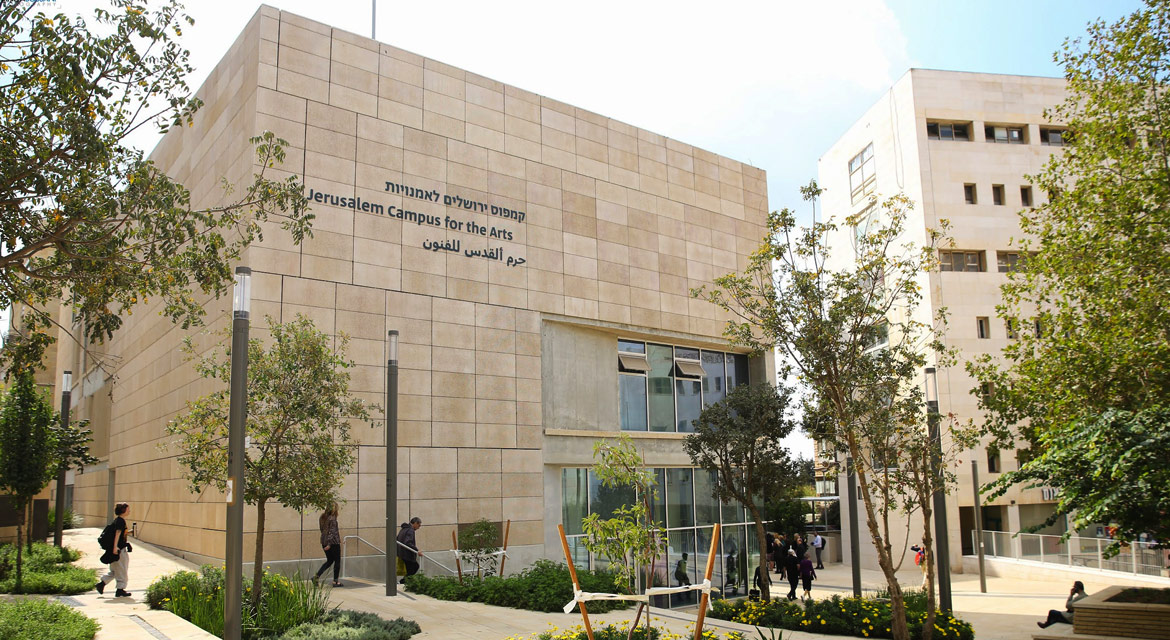Back in 2016, UJA began developing plans for our centennial year, and as much as we wanted to mark past achievement, we wanted even more to look forward. We decided to invest roughly $100 million in three major capital initiatives, corresponding to our most important core priorities: uplifting the vulnerable, shaping the Jewish future, and strengthening the Jewish and democratic state of Israel.
So we launched Upward New York, building two major one-stop social service hubs in areas of dense Jewish poverty in Queens and Brooklyn, and converting the 18 large food pantries in our network to digital choice pantries (supporting an additional 35 satellite locations). And we're investing tens of millions of dollars into transforming our 500+ acre Henry Kaufmann Campgrounds, the largest Jewish day camping enterprise in the world.
In Israel, we struggled at first to find a comparable project. And then… a fortuitous meeting.
Nir Barkat, then Jerusalem’s mayor, was in our offices and unexpectedly had a proposal — a three-building campus in the heart of Jerusalem that would house four premiere performing arts schools: the Nissan Nativ Acting Studio, The School of Visual Theatre, The Center for Middle Eastern Classical Music, and The Sam Spiegel Film & Television School.
It would be a transformational investment in Israel, made in partnership with the government of Israel and the Jerusalem municipality. While UJA is not necessarily an arts-driven organization, we recognized the arts as an important vehicle for infusing new energy into this ancient city, bringing together on a single campus thousands of diverse students from across backgrounds and creative interests — Jewish (secular and religious), Arab, Druze, and Bedouin. In creating a cultural anchor in Jerusalem, we would draw young families to the area, help spur business and economic growth, and model inclusivity and coexistence.
Or, to put it in the most New York of terms, it would be to Jerusalem what Juilliard and Lincoln Center are to the Upper West Side.
Not long after we agreed to invest in this project, I traveled to Israel in 2016 to visit the campus-to-be and found myself staring at a huge hole in the ground, the site of a former parking lot. Clearly, I’m no architect because I could never have foreseen the glorious campus that would arise, beautifully integrated into the local neighborhood, with open walkways and space for public performances. It is humbling to see it in its completion — and incredibly gratifying.
Of course, a vision remains just a vision and a hole in the ground remains a hole unless there is financial backing to make it real. We’re so grateful to the philanthropists who saw the potential to build something extraordinary and signed on: the Kirsh family — who gave the lead gift, jumpstarting the project and inspiring others to join — followed shortly by John Paulson, Bob and Sherry Wiener, UJA President Amy Bressman and her husband Bob, and the Iranian American Jewish Federation of New York.
Moving forward, the four schools intend to work more closely together, so that the students, who reflect all of Israel, will have a chance to grow creatively. Their talents will be unleashed. The city will enjoy a cultural and economic renaissance. New Jerusalemites will choose to stay and build their lives here.
And, please God, we will hear the music of diversity and harmony emanate from this wonderful space, echoing across the hills of Jerusalem and far beyond — for generations to come.
Shabbat shalom

